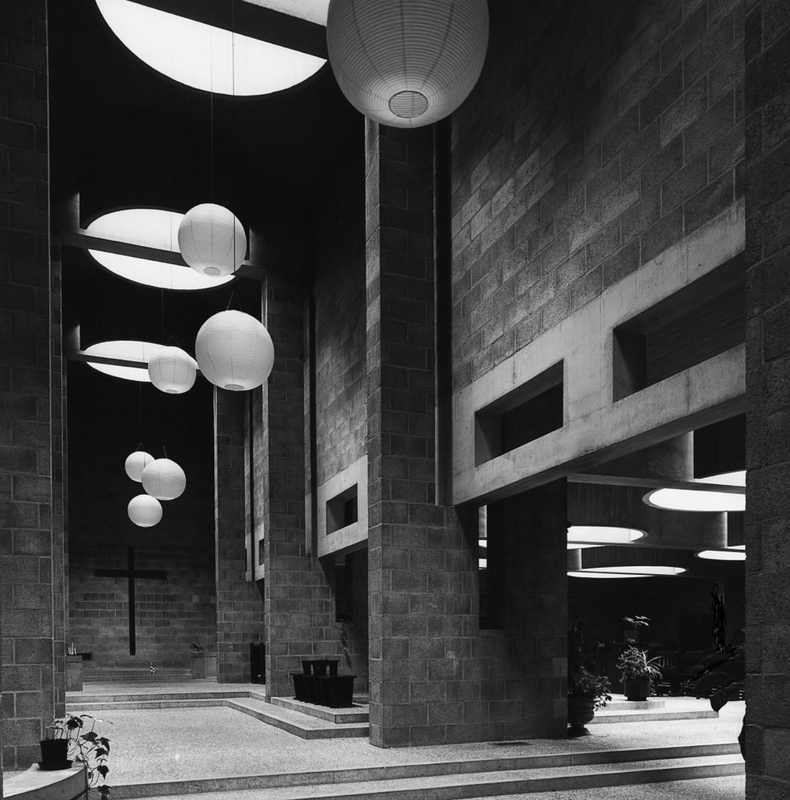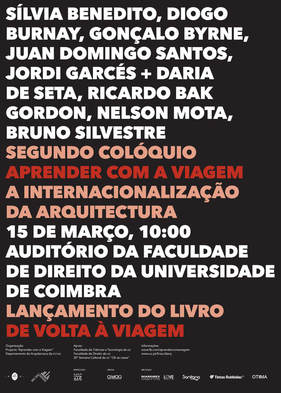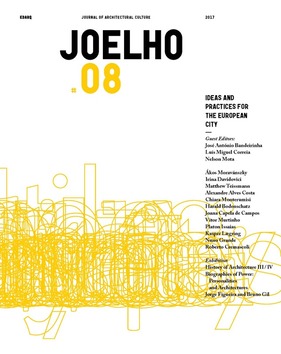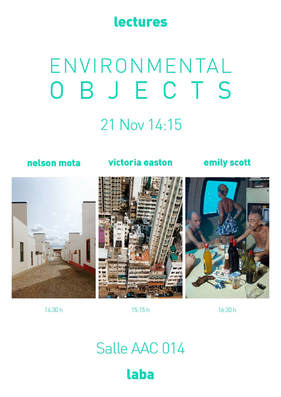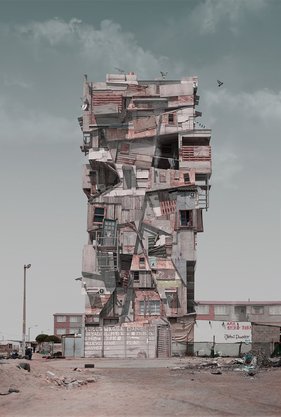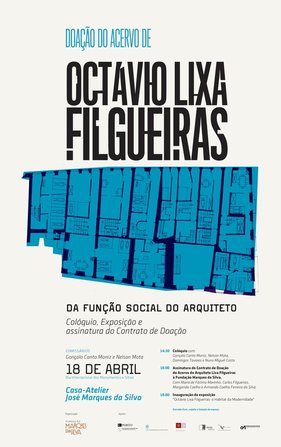|
I am happy to announce that the book "Global Housing: Dwelling in Addis Ababa", edited by Dick van Gameren and by myself is out now. The book is published by Japsam Books, with graphic design by Studio Joost Grootens. This book brings together essays and architectural projects that discuss housing as a key component in the social and urban development of Addis Ababa, the capital city of Ethiopia. Over the last two decades the urban landscape of Addis Ababa has been changing at a fast pace, with disruptive consequences for the physical and social fabric of the city. Housing has been one of the key factors for this transformation, affecting job creation, craftsmanship, social and spatial equity, and dwelling practices, to name but a few. This edited volume brings together twelve architectural projects developed by graduation students from TU Delft's Global Housing educational program that explore alternative approaches to housing design, dwelling on the challenges brought about by Africa’s urban revolution.
Architecture and urbanism towards the 21st century social space: Seminar #1, 12-13 November 201814/10/2018
Program
10h00. Opening 10h20. Introduction by the pelo Director of the Department of Architecture The Internationalisation of the School of Coimbra 10h30. Nelson Mota 11h00. Bruno Silvestre 11h30. Sílvia Benedito Working with Álvaro Siza: a perspective from Andalucia 12h00. Conference by Juan Domingo Santos 12h30. Lunch Break From Built work to Academia 14h30. Ricardo Bak Gordon 15h00. Diogo Burnay 15h30. Book Launch "De volta à Viagem" 15h50. Launch Joelho #8 16h00. Coffee Break The Internationalisation of Iberian architecture 16h30. Gonçalo Byrne 17h00. Jordi Garcés e Daria de Seta 17h30. Round Table and Debate 18h30. Closing The Call for Papers for Footprint 24 is out now. This issue will be dedicated to the theme "The Architecture of Housing after the Neoliberal Turn" and will be edited by myself and Yael Allweil. This issue of Footprint aims at examining how the housing policies that unfolded since the 1980s have contributed to re-theorise the architecture of dwelling as a social and spatial practice. This issue welcomes original research articles (6000–8000 words) that can contribute to define a new concept of housing after the neoliberal turn, exploring case studies, theoretical frameworks, research methods and analytical instruments. Authors of research articles are requested to submit their contributions on Footprint’s online platform before 1 May, 2018. The submissions should adhere to Footprint’s submission preparation checklist and author’s guidelines, available here.
All research articles will go through a double-blind peer-review process. Footprint 24 will be published in the Spring of 2019. For inquiries, please contact editors Nelson Mota and Yael Allweil at [email protected]. The Call for Papers is available here.
Southopolis design workshop (organized by Nelson Mota and Ana Rosa Chagas Cavalcanti)
Southopolis was organised under the auspices of the International Social Housing Festival. Southopolis is a game that tackles the challenges of designing affordable housing in the context of the global urban South. The aim of Southopolis is to address the issues related to designing an affordable housing complex that is attuned with both the demands and needs of cities in the South Hemisphere, according to the resources and capacities of local communities. The game can put the players in contact with conflictive situations in the design decision-making process, and promote creative proposals to cope with these challenges. The participants will get to know some actors that may play an important role in the design of low income dwelling in the global South. Furthermore, there is a simulation of situations that generates common awareness of the complexities of the design process. While playing Southopolis, the participants will get familiar with some of the key issues related to the design of affordable housing in the global urban South within a holistic approach. More info here "An Anthropophagic Manifesto for Africa" published in the Journal of Architectural Education15/5/2017
|
